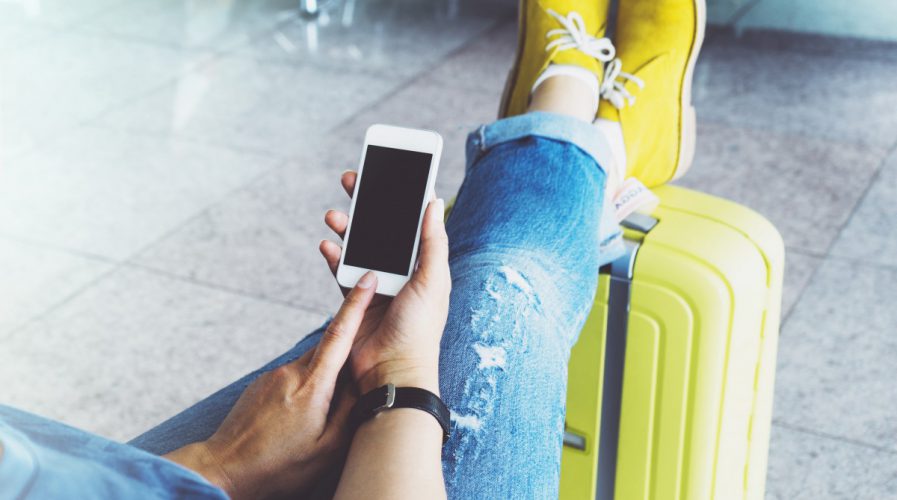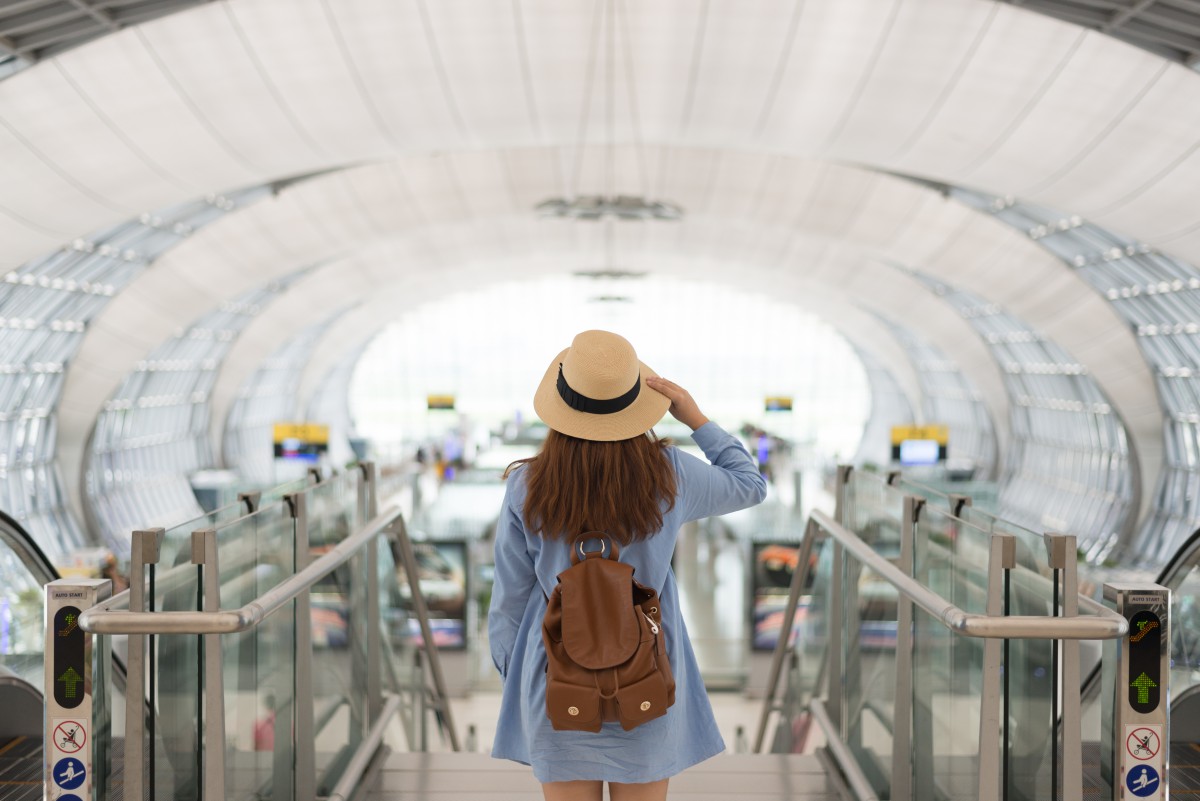
Blockchain could revolutionize the traveler’s journey from beginning to end. Source: Shutterstock
The traveler’s journey could get a revamp with blockchain technology
TOURISM is getting a tech update as blockchain begins to make inroads in the industry, and could be a potential gamechanger for the Southeast Asian region in particular.
Regional expert Shiraz Malik told Forbes that one way that blockchain could begin making a difference by allowing companies to streamline information and distribute it effectively and securely without much hassle. Blockchain is a type of technology that relies on distributed ledger technologies which allows users to verify transactions based on a series of conditions being met. The record is permanent, meaning that authenticity can always be tracked and managed.
“Enterprises that fail to adapt risk losing their share of a market that is only growing, particularly in Southeast Asia,” Malik said to the publication.

Blockchain could yield great value for those all across the travel sector. Pic: donatas1205/Shutterstock
“Airlines and travel entities that are late in exploring the potential of blockchain may ultimately be perceived as slower and less secure than their forward-thinking competitors.”
For travel companies in airports or hotels, blockchain can help ensure that customer information is effectively tracked and fed to the right individuals. For instance, let’s say a cleaner has finished up in a certain room; a blockchain could trigger a series of actions that let the front desk know that it’s all right to check guests in early.
SEE ALSO: Trivago enlists AI in trip personalisation
In airports, where the logistics can be challenging and information is hard to get when you’re in different departments, blockchain technology could help ensure that everyone is kept updated and that those involved are prepared ahead of time.
“Blockchain can ensure that everyone involved in travel – airline crew, airport staff, ground services crew and passengers – has access to the same, up-to-date, verified information about arrivals, departures and delays,” said Malik, who is vice president of sales APAC for CellPoint Mobile, to Forbes.

Asia Pacific has both a smartphone-centric society and a growing tourism industry. Both could help grow the tourism industry. Source: Shutterstock
“This can help to avoid situations where airline and airport websites, mobile apps, text messages, passengers and staff members have outdated or conflicting information about flight statuses.”
Furthermore, Malik also said blockchain could change the way travelers pay while on trips by combining the potentials of wearables and mobile devices with online payment platforms. With blockchain, secure payments could be fast and secure for all players in the market. As it is, more and more businesses are moving the products onto digital e-commerce platforms.
The Nikkei Asian Review said, that more and more people are shifting to smartphone-based payment options, meaning that companies now have a significant opportunity to help convert foot traffic into payments if their payment systems are up to date.
SEE ALSO: Alipay partners with Yelp to tap lucrative Chinese travel market
“Think of biometric-equipped mobile and wearable devices (authenticated by blockchain processes) allowing passengers to verify their identities, make in-cabin purchases, earn and redeem loyalty points immediately and check in to a hotel room all without pulling out IDs and exposing personal financial information,” Malik said.
“A traveler with a smartphone is a moving point of sale,” he added. “There are endless opportunities for airlines to communicate with that customer and offer personalized, relevant services that improve the travel experience and help increase revenue.”
READ MORE
- The criticality of endpoint management in cybersecurity and operations
- Ethical AI: The renewed importance of safeguarding data and customer privacy in Generative AI applications
- How Japan balances AI-driven opportunities with cybersecurity needs
- Deploying SASE: Benchmarking your approach
- Insurance everywhere all at once: the digital transformation of the APAC insurance industry
